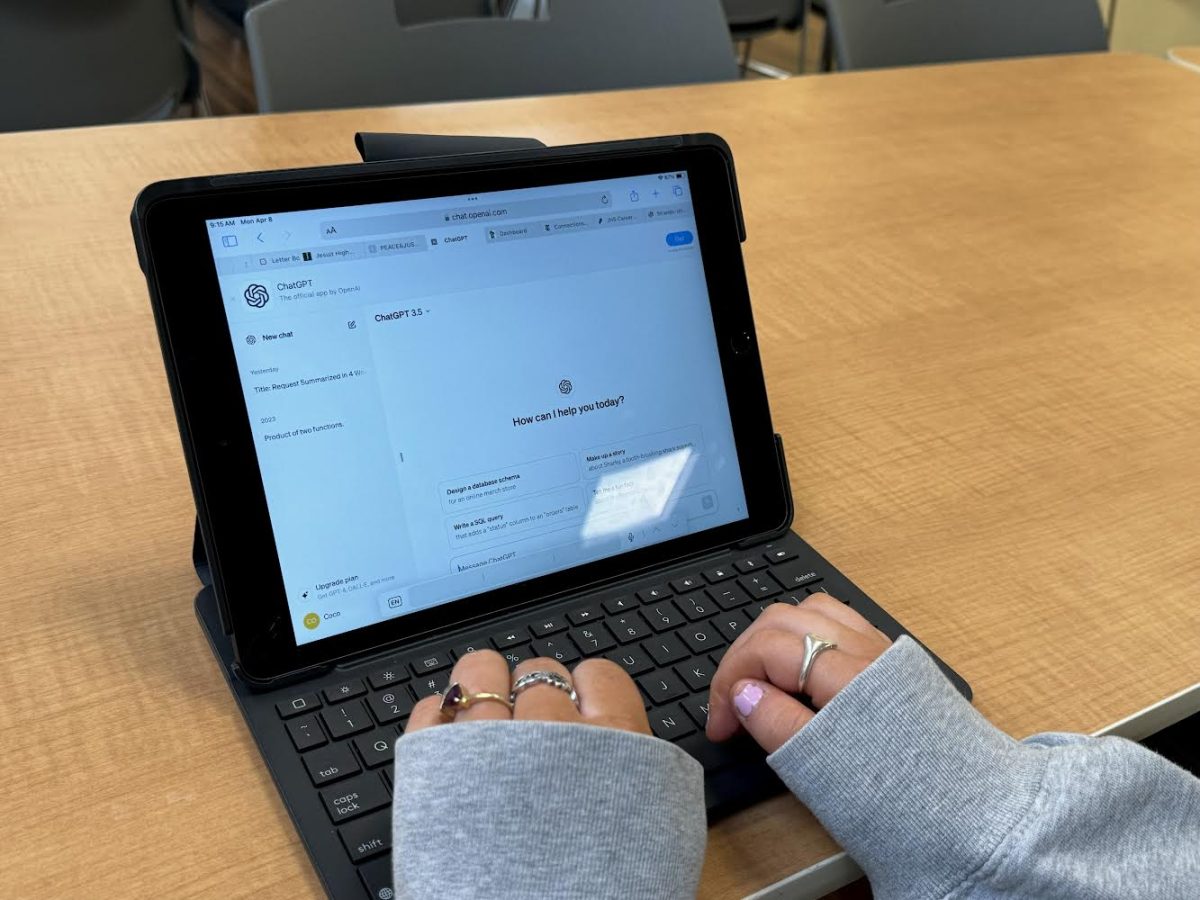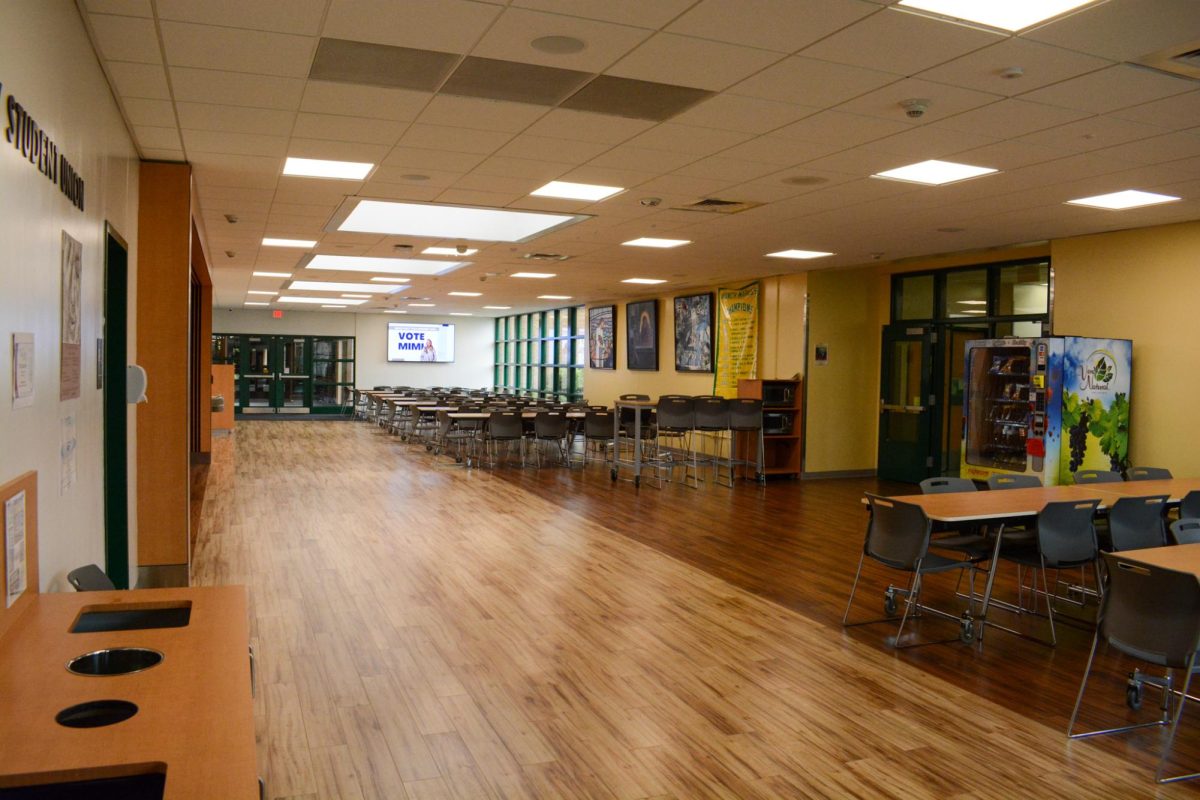Imagine leaving school for winter break, only to spend your holidays buried in stress, dreading your finals waiting on the other side. It’s time to rethink the timing of finals and give students a break.
Students at Jesuit take their finals after their two week long winter break. They return for a week of learning, followed by a week dedicated to review and preparation where no new material is introduced, then finals take place the week after.
Students’ finals can either be 15% or 20% based on either their elective or core classes. Finals are cumulative, covering everything students have learned during the first semester.
Junior Markai Melles is in Honors Chem, Honors Anatomy And Physiology, and AP AB Calculus. She balances being a leader of the Sisters in Strength club at Jesuit, while also having a job.
“I think finals should be before Christmas break, so we don’t have to stress and worry about it throughout our winter break, and so we won’t forget all the knowledge that we have learned over the two weeks.”
Teachers are not allowed to give homework during break, but many teachers encourage students to study over the break.
Some educators argue that scheduling finals after the break allows students extra time to study and revisit material, which could lead to better retention.
However, research from the University of Minnesota illustrates a significant drawback to this approach. The University of Minnesota study shows one student who did review and revisit the material and one student who didn’t.
“The student in this example forgets 30% of a lesson in 24 hours. However, she works with the material within 24 hours. Maybe she re-copies her notes, outlines the chapter she read, or works the problem sets.
“Over the next week she gradually loses about 20% of the material again… but she revisits it again in her weekly review. This time, she creates a study guide or practice test, regaining 100% mastery in about a third of the original time.”
They also compared this student to another student who did no review.
”Meanwhile, Student B classmates also mastered the material to start off, but did no daily, weekly, or pre-exam review. This student lost the same 30% in the first 24 hours, and this continued to degrade another 5%-15% over the month, leaving him going into the exam with only about half of the information still in his memory.”
This contrast suggests that simply having more time to study over the break does not guarantee better preparation for finals, but instead consistent engagement with the material.
Scheduling finals before the break encourages students to engage with material consistently while also being able to get active help from teachers. This not only enhances long-term retention, but also allows students to fully relax and enjoy their break.










